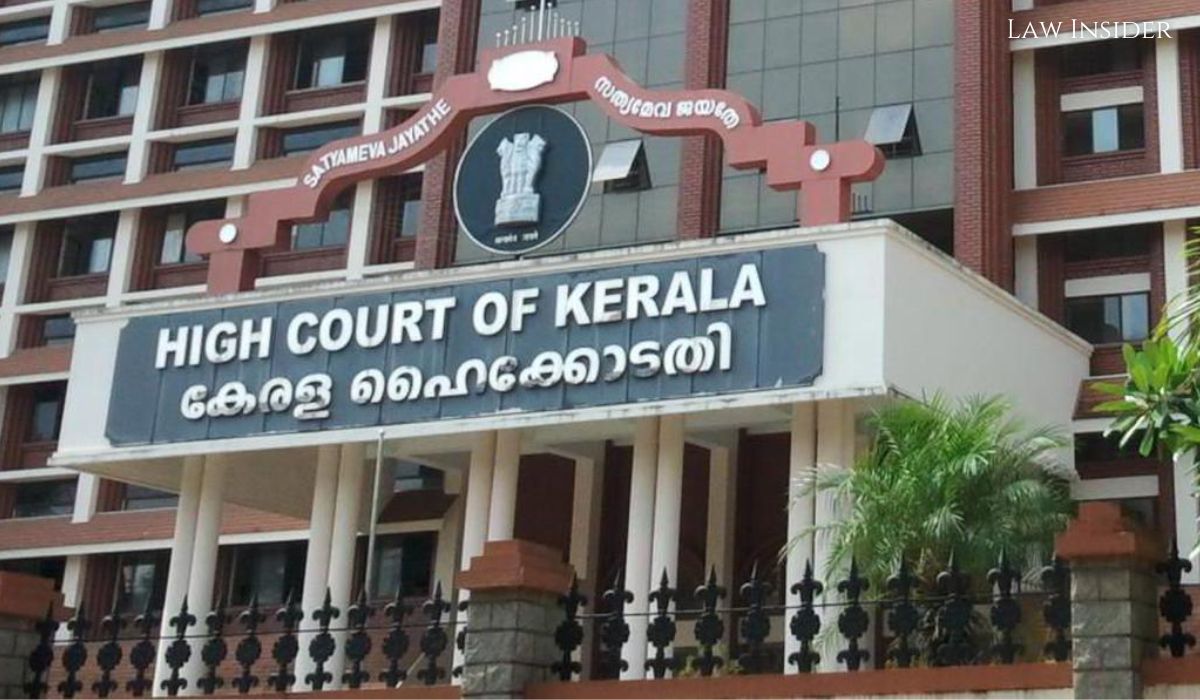LI Network
Published on: November 06, 2023 at 12:59 IST
The Kerala High Court has declared that a seizure mahazar, once prepared and submitted to the court by the police or other officers, becomes a public document.
The court emphasized that the accused has the right to obtain a certified copy of the seizure mahazar, as it is essential for them to comprehend and shape their case, particularly at the stage of applying for bail.
Justice P.V. Kunhikrishnan expressed the following viewpoint:
“I am of the considered opinion that, once the seizure mahazar is prepared and sent to the court, it is a public document. There is no bar in issuing a certified copy of the seizure mahazar to an accused, especially because the same is necessary for him to mold his case at the stage of filing the bail application also.”
The petitioner, who was the fourth accused in a case involving alleged offenses under the Narcotic Drugs and Psychotropic Substances Act, 1985 (NDPS Act), had sought a certified copy of the seizure mahazar from the Additional Sessions Court-I in Thiruvananthapuram. His request was denied, prompting him to approach the High Court.
The petitioner’s counsel argued that the accused’s chances of obtaining bail were contingent on proving his innocence, given the serious allegations of narcotic substance possession. They contended that the seizure mahazar qualified as a public document under Section 74(1)(iii) of the Evidence Act and, therefore, a copy could not be denied.
The court acknowledged that both the First Information Report (FIR) and the seizure mahazar, prepared by the police or other officers, were contemporaneous records forwarded to the Magistrate.
In accordance with Section 102 of the Criminal Procedure Code (CrPC), police officers have the authority to seize property and report such seizures to the Magistrate.
Section 207 of the CrPC addresses the supply of police reports and other documents to the accused, stating that the accused is entitled to a copy of the FIR after the issuance of process.
Citing the Youth Bar Association of India v. Union of India and Others (2022) case, the court noted that the accused had the right to obtain a copy of the FIR at an earlier stage than indicated in Section 207 of the CrPC.
Referring to the Harendra Rai v. State of Bihar (2023) case, the court affirmed that the FIR was considered a public document under Section 74 of the Evidence Act, and the accused was entitled to a copy.
Additionally, drawing from the Saritha S. Nair v. Union of India and Another (2022) case, the court underscored that the right to acquire a certified copy of a public document presupposed the right to inspect it.
The court also made reference to the regulations outlined in the Criminal Rules of Practice Kerala, 1982, which permit applications for obtaining certified copies of proceedings or documents, except those classified as confidential or not strictly judicial records.
Based on this analysis, the court determined that the seizure mahazar, once sent to the court, transforms into a public document, and the accused is entitled to a copy. Consequently, the signed seizure mahazar may be provided to the accused under standard conditions after the requisite fee payment.
The court overruled the Additional Sessions Court-I in Thiruvananthapuram’s decision to reject the application for the seizure mahazar and granted the petitioner’s request for a certified copy of the document.
Case title: Shibu J v State of Kerala

